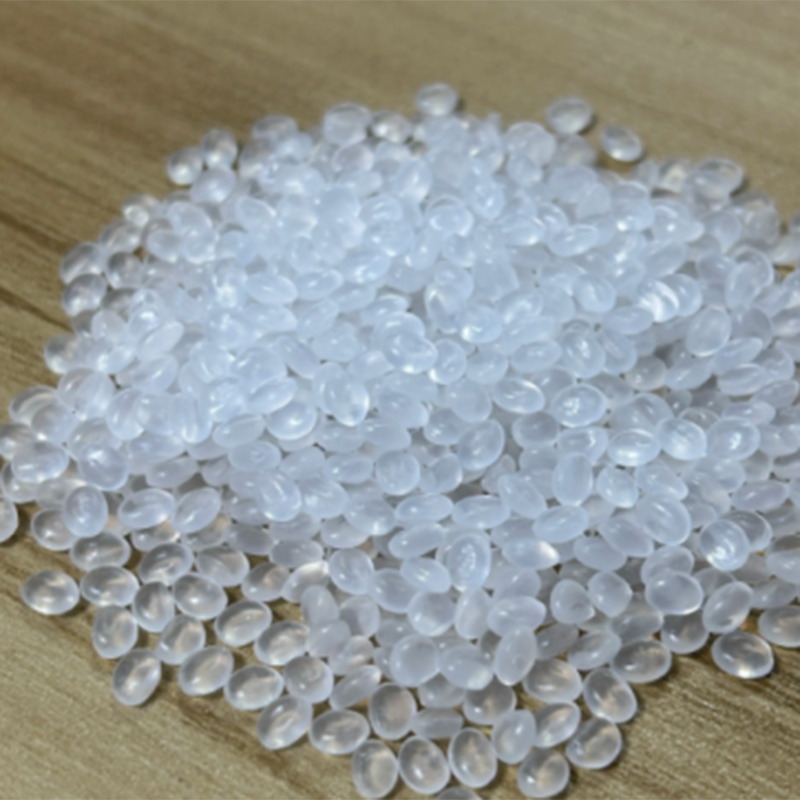Components Of Polypropylene Ropes
Polypropylene is a thermoplastic "addition polymer" which forms by linking monomers. Even though polypropylene has similar properties to that of polyethylene, PP rope is more resistant and harder than polyethylene. Usually, it has a specific weight of 0.91, making it lighter than water.
Characteristics of Polypropylene (PP)
Elasticity & Toughness
Polypropylene will act with elasticity over a particular range of deflection. Yet, it will experience plastic deformation early on in the deformation process. So, it is considered as a tough material.
Insulation
This is another great characteristic of polypropylene. Polypropylene ropes have high resistance to electricity and are very useful for electronic components.
Chemical Resistance
Diluted acids and bases don't react readily with polypropylene. This makes it the ideal choice for containers of liquids like first-aid products, cleaning agents and more.
Transmissivity
Although polypropylene can be easily made transparent, it is produced to be naturally opaque in colour. Polypropylene is used for applications where some transfer of light is essential or is of aesthetic value.
Fatigue Resistance
PP rope can retain its shape after a lot of bending, torsion and flexing. This is valuable, especially for making living hinges.
Applications Of PP Ropes
PP ropes find their applicability in numerous domestic, industrial and commercial sectors. This includes
Agriculture Industry
During crop production and harvesting.
Maritime Business
During mooring, barge lines and ship docking.
Logistic & Cargo Industries
During the packaging and transportation of goods.
Fishing & Marine Industries
For fisheries, aquafarming and pisciculutre.
Sugar Industry
For sugar slings
Engineering & Construction Industry
For lifting, building safety nests.
Telecommunication Industries
For laying telecommunication ropes.
Material Handling & Rigging


Post time: Mar-26-2024






